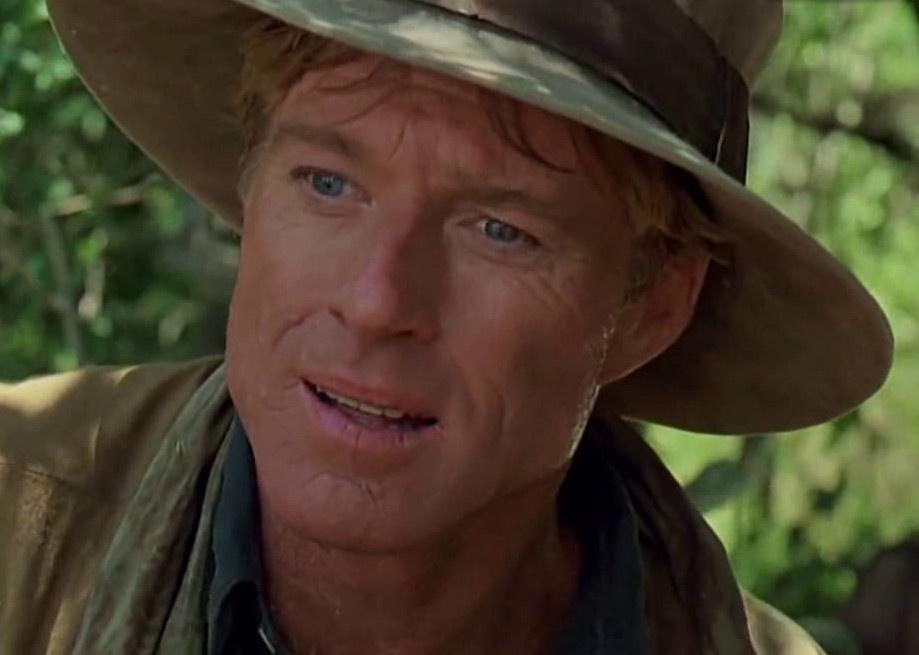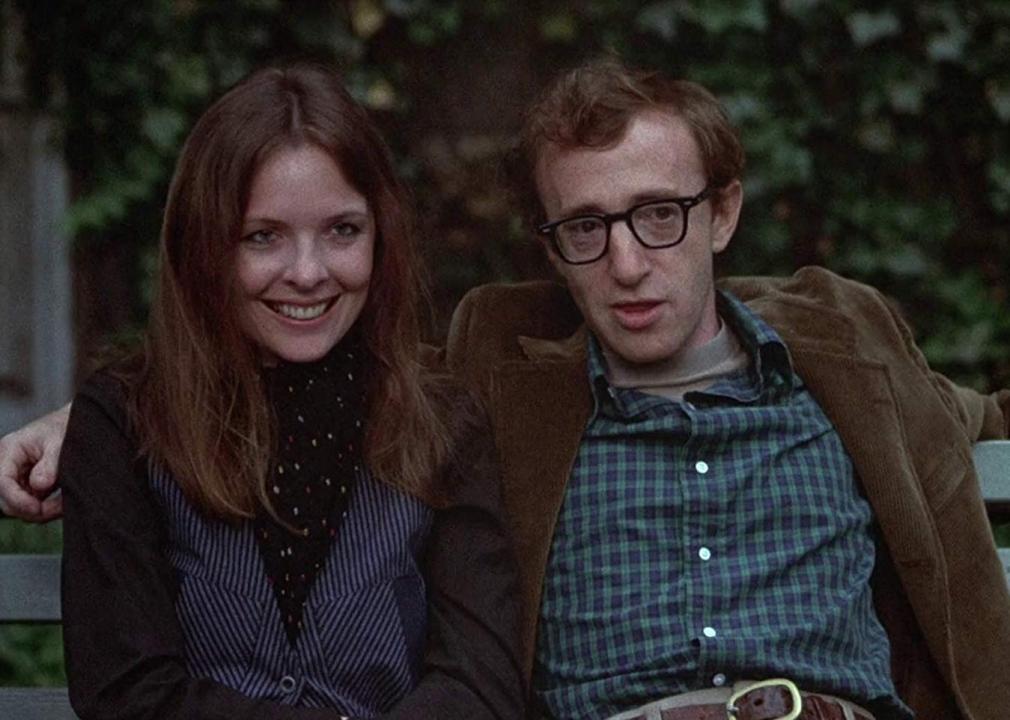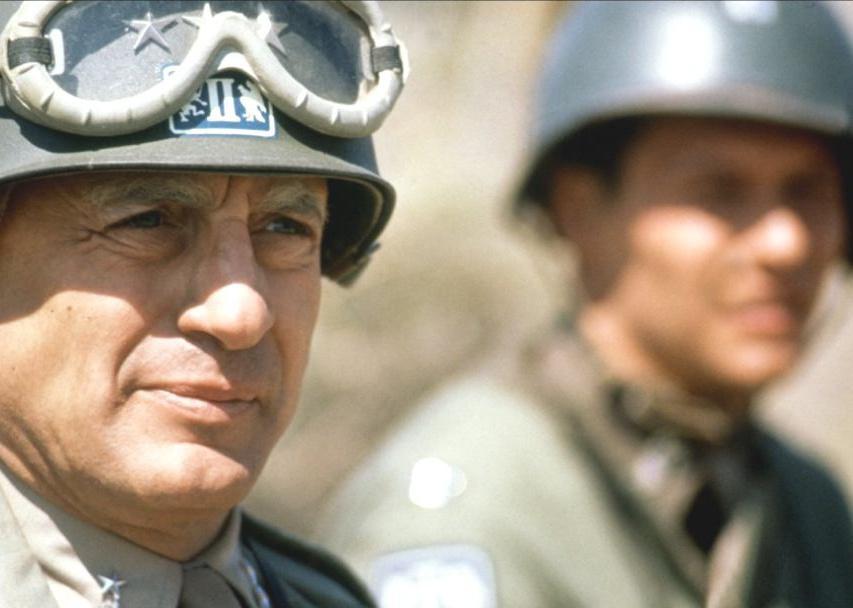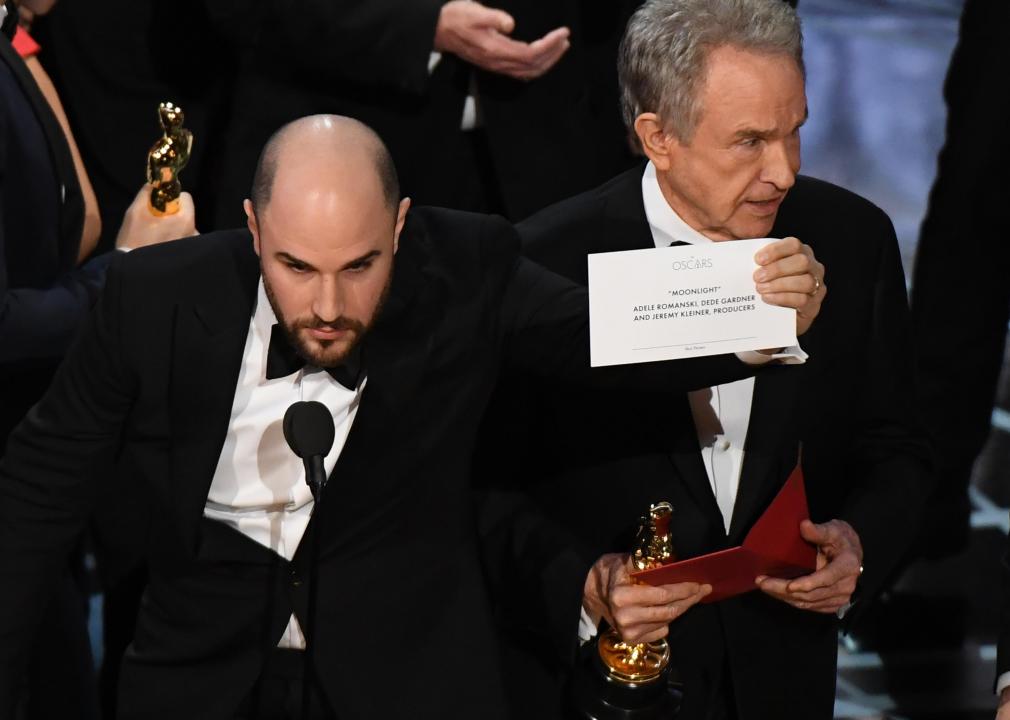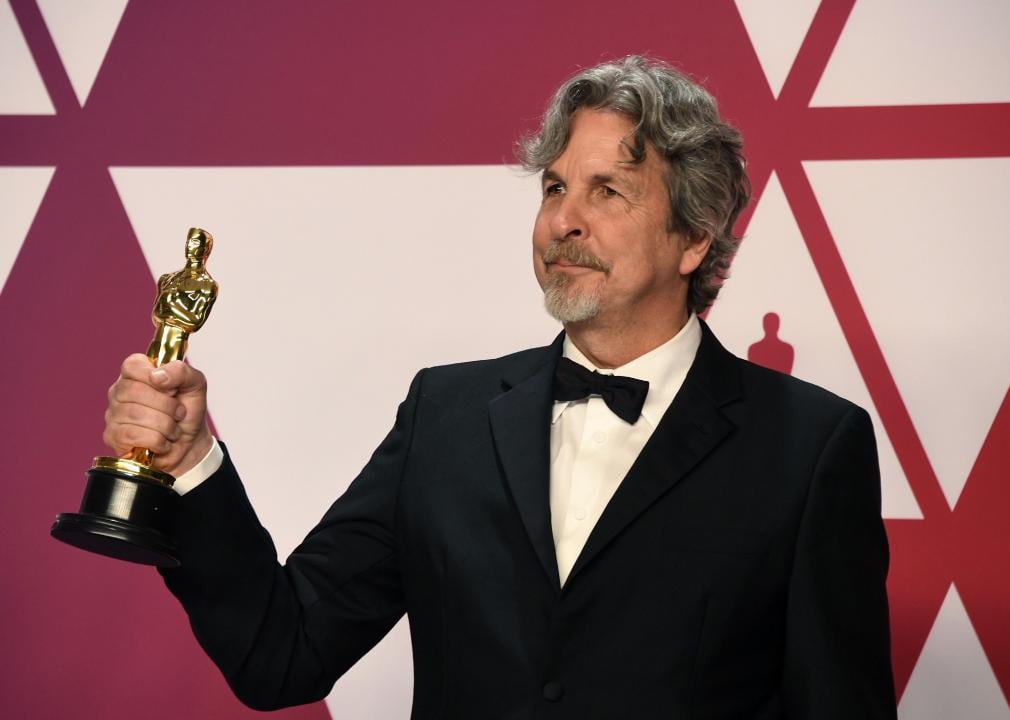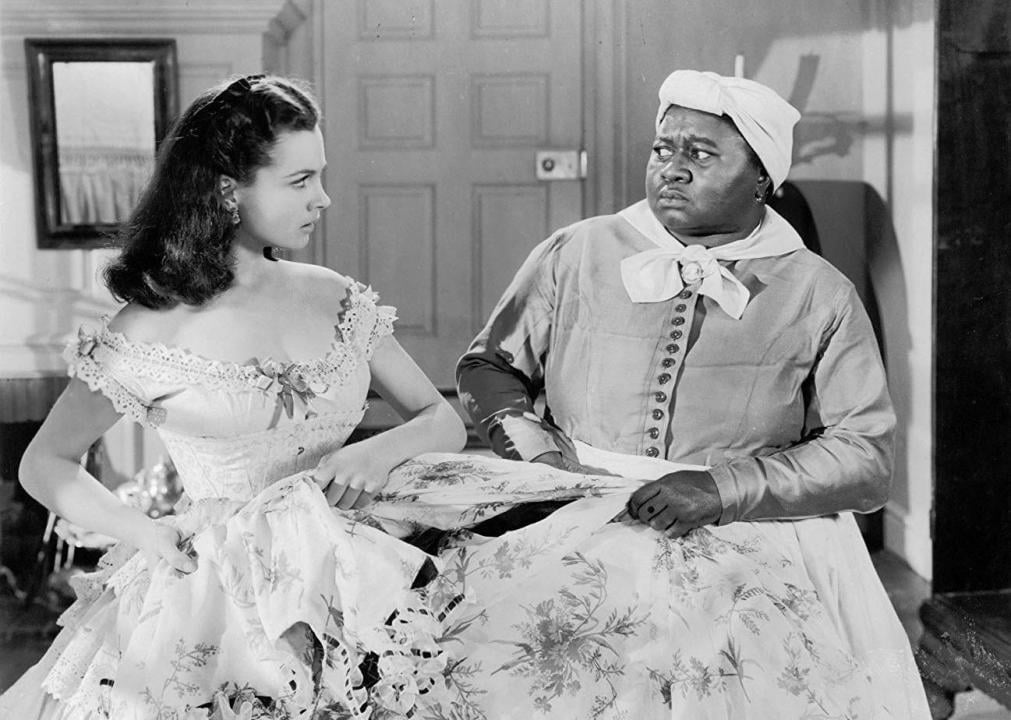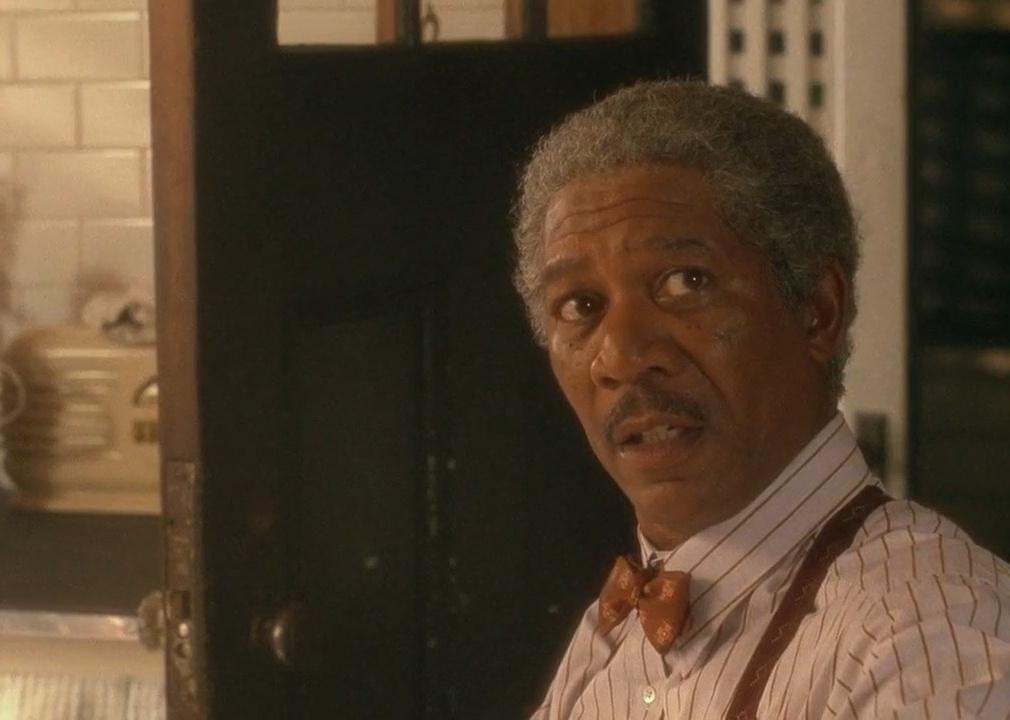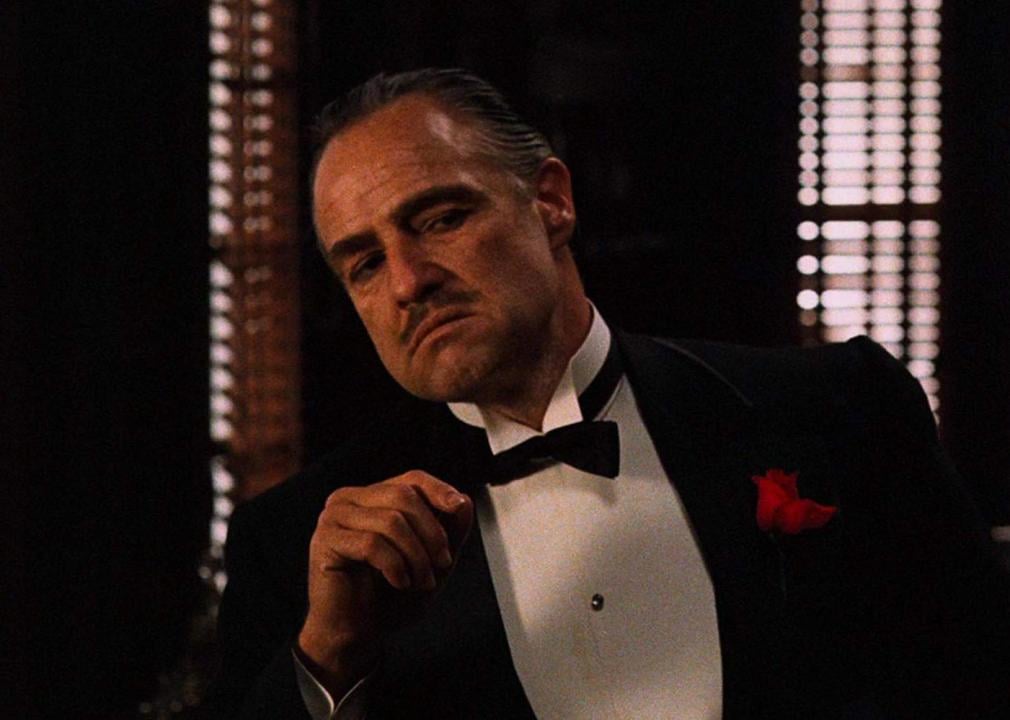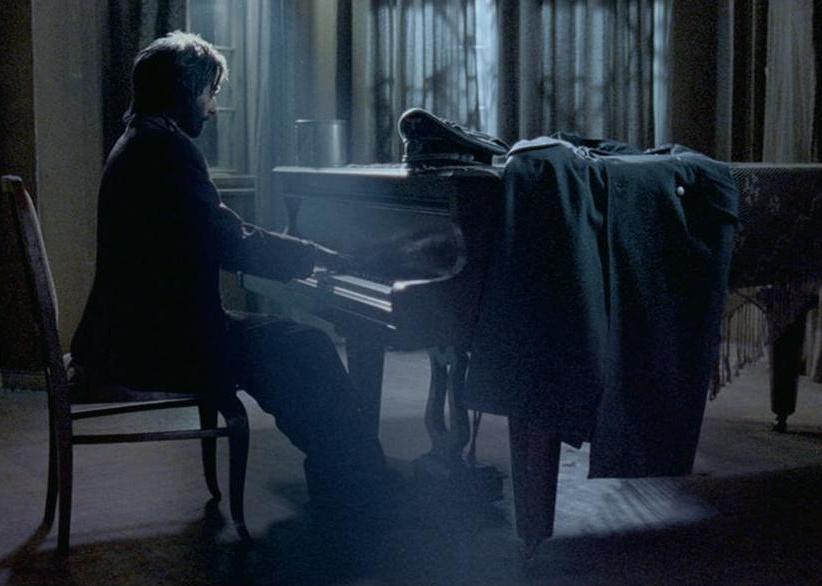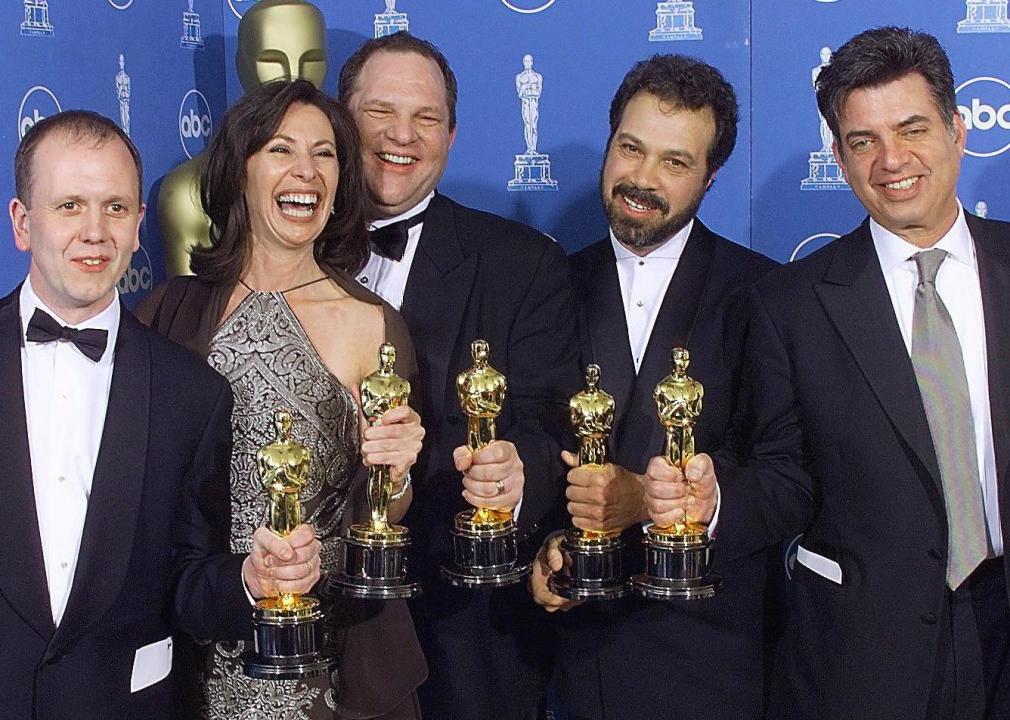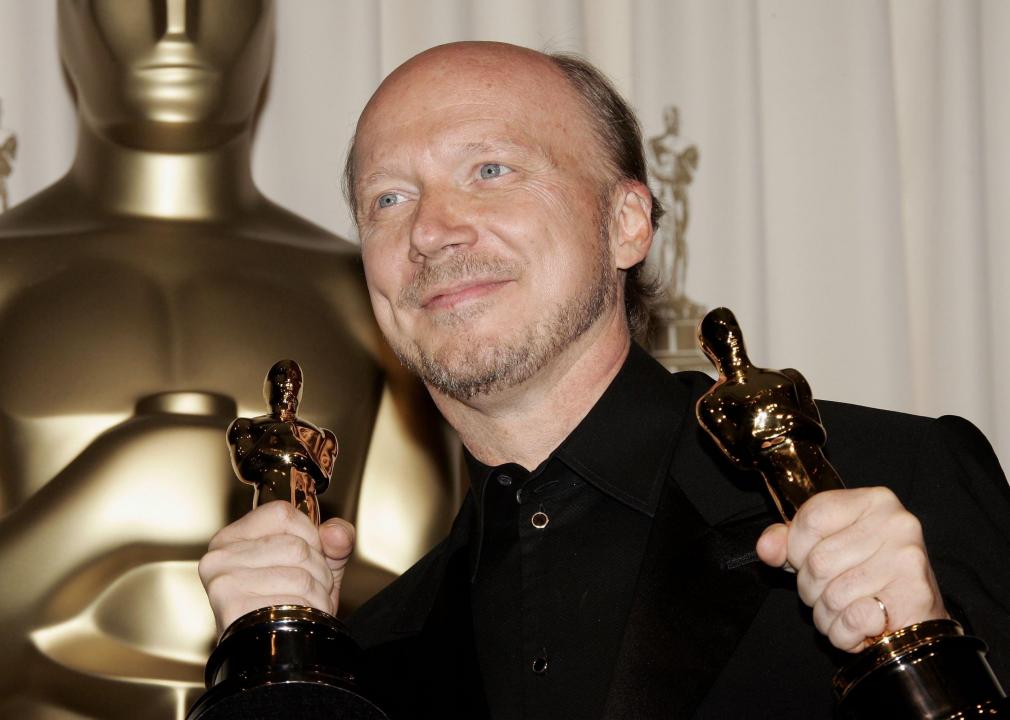Regardless of which movies or individuals win a prestigious Academy Award, disagreements are bound to arise among observing critics and viewers of the annual televised Oscars ceremony. Art is inherently subjective and cinema is no exception. But with films being a highly popular and lucrative art form, public scrutiny over major awards is intensified. With the recent announcement of the 2022 Academy Awards nominations, Stacker revisits some of the most controversial Oscar wins in the history of these award ceremonies.
The most common source of controversy over Oscar winners is that viewers believe there were better contenders that year. While the Oscars can be criticized as predictable by viewers, some award winners pulled upsets that put the voting process by the Academy into doubt. Awards season campaigning has been prevalent in recent decades, leading the cynical to believe that the Oscars are given out as a result of producers shaking hands with voters behind the scenes rather than objective quality.
Other times, personal factors may weigh in on observers’ unease with Oscar wins. These factors may include tumultuous production drama, misdeeds by actors or filmmakers, or controversial public statements. These Oscar wins have spurred on discussions of separating the artist and the art and debates over how Oscar winners are chosen. Issues of diversity, sexual conduct, and filmmaking standards are among the most discussed points.
Sometimes, an Oscar win may not be controversial at the time but is questionable in retrospect. Some films tend to age less well with audiences due to changing social norms in the present day compared to different cultural standards in the past. In other cases, the wrongdoings of individuals involved in these films have since been unearthed or have resurfaced after such a win.
Keep reading to learn more about some of the most highly criticized Oscar wins, and how they’ve aged.




